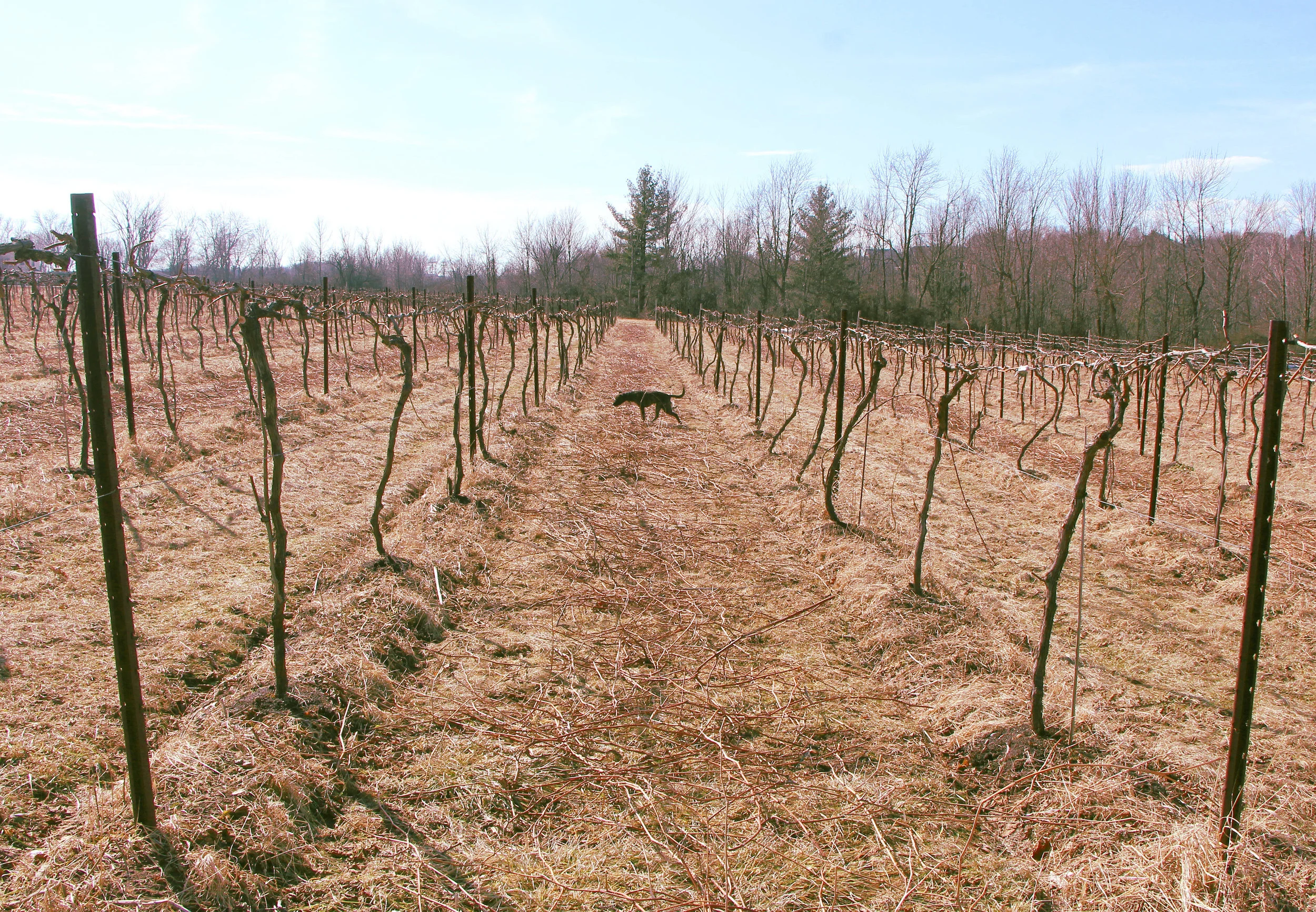FEBRUARY: MUD SEASON MAKES AN EARLY APPEARANCE
We here in Vermont are familiar with a notorious inter-seasonal phenomenon that we affectionately term "Mud Season." This wet and dirty time of year bridges the gap between icy winds and frosted earth of winter with the emerging greenery of the spring. It's a time where we lament the amount of crusted spatter on our cars yet can't help but get excited for the budding springtime.
Late March usually heralds the coming of Mud Season. This year, we have a surprise preview today, February 21st.
Don't mistake us, we anticipate the arrival of spring just as much as any winter-weary Vermonter. The gray days and frigid nights take a toll on us all as. However, being agricultural workers first and foremost we're sensitive to the drifting patterns of our local climate. And this February warm spell has us wondering.
Whenever an early 'heat wave' hits many agricultural industries in the state of Vermont begin wringing their hands and wondering when and how to act. Most notably, our state's maple industry restarts the perennial debate of when to tap their trees. Tap too early and you risk missing the most productive sap flows and having taps dry out.
We too can be affected by such weather patterns. It was two years ago that an early bud break of our Riesling vines followed by a late frost in the early spring decimated our Riesling crop production. It's not so much the early heat that worries us as the wild fluctuations that can come between our best efforts and a good vintage.
February thaws happen all the time, some may argue, and they're not wrong. This particular phenomenon isn't terribly unusual. But the order of magnitude is what is so dramatic. Just last year in February of 2017, Burlington experienced their warmest day on record since 1884 when record keeping began. Today, for the second year in a row, we matched that record. Thaws in the 40's and 50's degrees are recurring. But in the 60's? This trend concerns us.
We here at the Vineyard are committed to sustainability. We care for the planet as much as we care for our grapes and producing great wine. It's days like this where we contemplate our collective impact on the climate and begin to wonder what the Champlain Valley will look like in 50, 100, 500 years. It's days like this when we remind ourselves the ways in which we reduce our impact on the planet and the ways in which we can improve.
So while you're reveling in this temporary winter heat wave, we encourage you to do the same. There are myriad ways to improve our impact whether it be more efficient showers, walking to work, or buying local produce that hasn't burned gallons of fossil fuels to find its way to you.
Peace, Love, and Wine
- the Shelburne Vineyard Team
